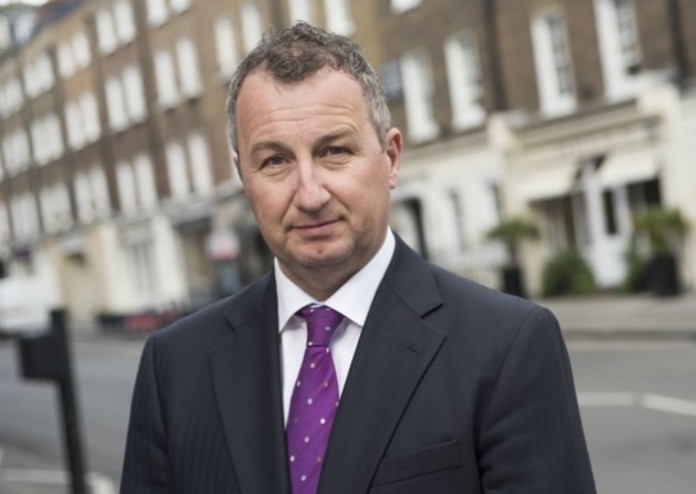News that some of the major supermarkets have decided to pay back their business rates pandemic relief is welcomed by the business rates team at Colliers International- who call for the Government to ring fence the monies to bring reliefs to others in the retail sector, who have not coped so well with the impact of the pandemic and lockdown.
Yesterday Tesco announced it would repay £585 million to the Government, monies it would have normally paid in business rates if the whole of the retail and hospitality sectors had not been given a business rates holiday for the current 2020/2021 rates year. Hot on its tails Morrisons announced it will pay back £274 million and Sainsburys £440 million (£410 million this year and £30 million next). Asda will pay back its £340million relief in full back to the government, whilst Aldi is throwing more than £100 million back into the pot. These five retailers alone have therefore re-payed more than £1.7 billion to the Treasury. If other supermarkets follow suit the Government should have a pot of nearly £2 billion back from the supermarket chains.
According to John Webber Head of Colliers International, these funds should not disappear down a black hole and should be diverted to rebalancing support to other retailers, who unlike the supermarkets were forced to close under lockdown rules. Colliers is calling for the Government to announce an extension of the business rates holiday for the sector for after the end March 2021, when it is due to end. The Government could announce either a 50% cut to rates for 2021-22 or a six months rates holiday, for non-food related retail.
As Webber says, “In a normal year, the retail sector pays a disproportionately high element of the tax take from business rates – contributing between a quarter and a third of the total £26 billion raised – or around £7.625 billion. We estimate that the main food retailers (Tesco, Sainsbury, Asda, Morrisons, Co-op, Lidl and Aldi) together pay around £2 billion of this bill.
“To give the non-food retail sector a three or a six months business rates holiday next year it would cost the Government either around £1.4 billion (3 months) or £2.8 billion (6 months). Most of this would be covered by the supermarkets’ repayment, who themselves would this time not be included in the rates holiday.”
Webber continues, “ The Chancellor’s Spending Review last week was disappointing in that it failed to announce an extension of the business rates holiday for the retail sector, after the end of March, enabling it time to recover from the impact of the Covid-19 pandemic. It is inconceivable that the non-food retailers will be able to take back their high business rates commitments in April, particularly as they have missed their normal lucrative November trading period.
Now is the chance to do something about it. The government no longer needs to wait for the New Year to decide changes to business rates from April. Father Christmas has come early and handed the government about £2billion- so it has a free run.”
He concludes, “The view on the high street is bleak. Many shops have already closed for good and jobs have been lost. To attract retailers back or for new retailers to open shops, there needs to be some incentive. Rent negotiations with landlords and some relief over business rates would be a start. We urge the government to start thinking laterally and to use this windfall wisely if it wants to avoid an even bleaker retail landscape as we move into the New Year.”



















